NATIONAL TRANSPARENCY AUTHORITY (NTA)
- The causes of the reform
- Τhe rationale for Intervention
- Institutional Framework I
- Institutional Framework II
- Institutional Framework III
- Management Structure
- Organisation Chart
- Vision
- Strategic Objectives
- Operational Pillars
- Promote Co-ordination at the national level
- Detection
- Prevention
- Digital Services for Citizens/ Businesses
- Raising Awareness
- NACAP 2022 -2025
- International Cooperation
- New Projects
- The impact of Anti-Corruption Reforms
TRANSPARENCY
For the first time in Greece, a single and independent Authority is established, with the required guarantees of independence and impartiality, in accordance with good international practices and the requirements of international law.
The National Transparency Authority was established by law 4622/2019 (A' 133). Articles 82-103 and 118-119 define the institutional framework of its operation. The Authority assumes all the responsibilities of five main public Auditing Bodies (Inspectors – Controllers Body for Public Administration, General Inspector of Public Administration, Inspectors Body for Health and Welfare Services, Inspectors Body for Public Works, Inspectors-Controllers Body for Transport), as well as the General Secretariat of AntiCorruption.
INTEGRITY
With the aim of changing the standards and perceptions of public ethics and integrity, the Authority's mission is to design and implement a framework of coherent policies both for the detection and deterrence of corruption acts and for the prevention and deterrence of corruption, as well as to inform and raise the awareness of the whole of society. Zero tolerance for corruption and the strengthening of transparency and accountability mechanisms is a priority for the whole of Greek society. The Authority's mission concerns public ethics, social values and the quality of our democracy. Restoring citizens’ trust in the institutions is therefore the core objective of the Authority's mandate.
AUDITS
The Authority's Audit Programme is carried out in accordance with a defined evaluation procedure and timetable, with no exceptions or delays. All ongoing audits remain in progress and the audit mechanism is reinforced with an expanded framework of responsibilities. For the first time, extended audit powers are also provided for private bodies with fines of up to €100,000.
ACCOUNTABILITY
To strengthen accountability and transparency mechanisms in the Greek Public Administration, the National Transparency Authority introduces important structural and operational innovations. It is a pioneer, going beyond the one-dimensional concept of concentrating all available powers on auditing and detecting maladministration and corruption phenomena while investing in active prevention policies and implementing actions to mobilise society. In this context, the Authority is structured around three main pillars, representing a pioneering integrated organizational and operational model of innovative actions and practices designed to enhance transparency. These pillars encompass the following areas:
A) Conducting Inspections and Audits
B) Developing Prevention and Integrity Policies
(C) Implementing Awareness-Raising Actions for society
The Authority has the objective of mobilising all the healthy forces of the public and private sector, including civil society, in order to form a social majority that will demand and actively participate in the creation of standards and mechanisms that will promote transparency, integrity and accountability in the whole of society. This will create an environment that will not favour the development of maladministration and corruption.
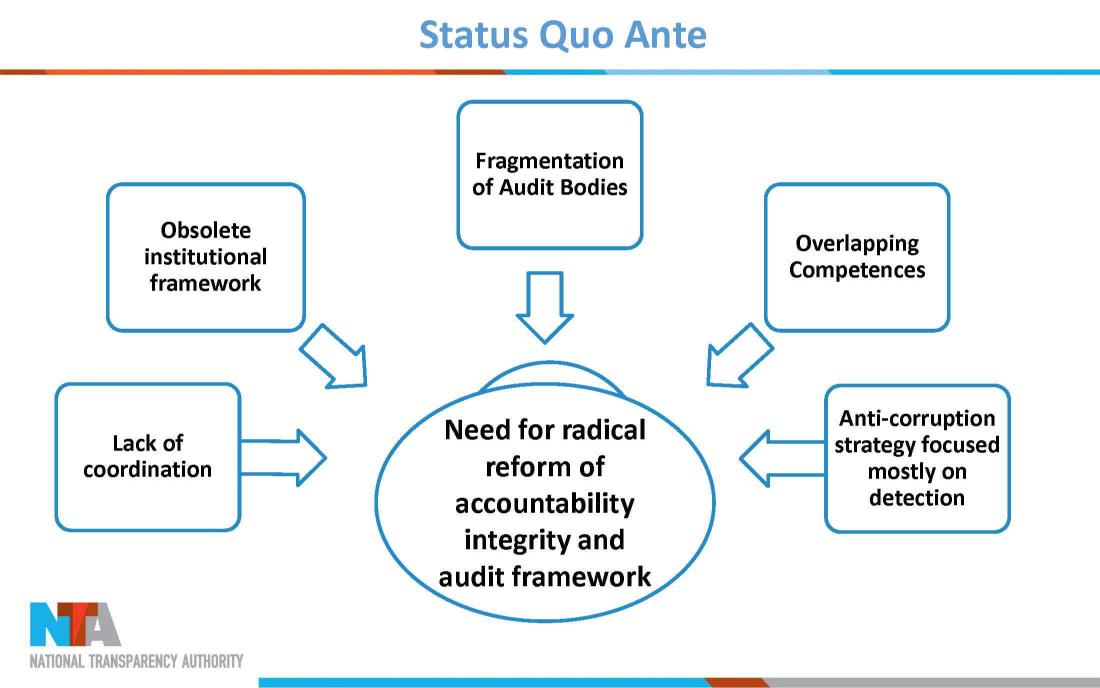
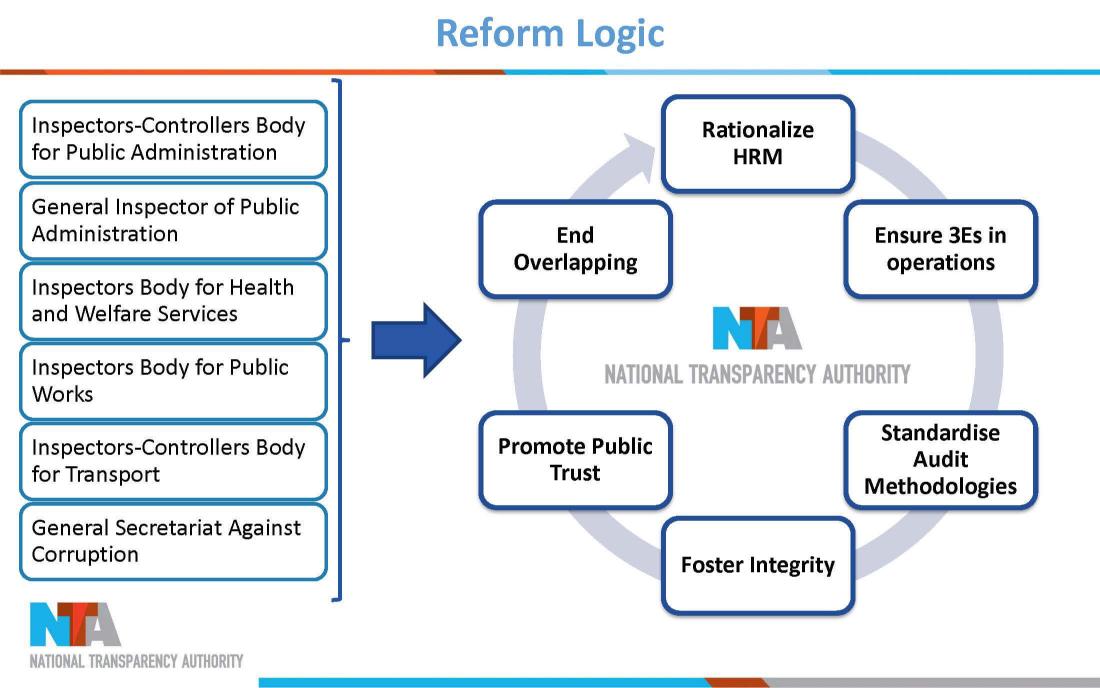
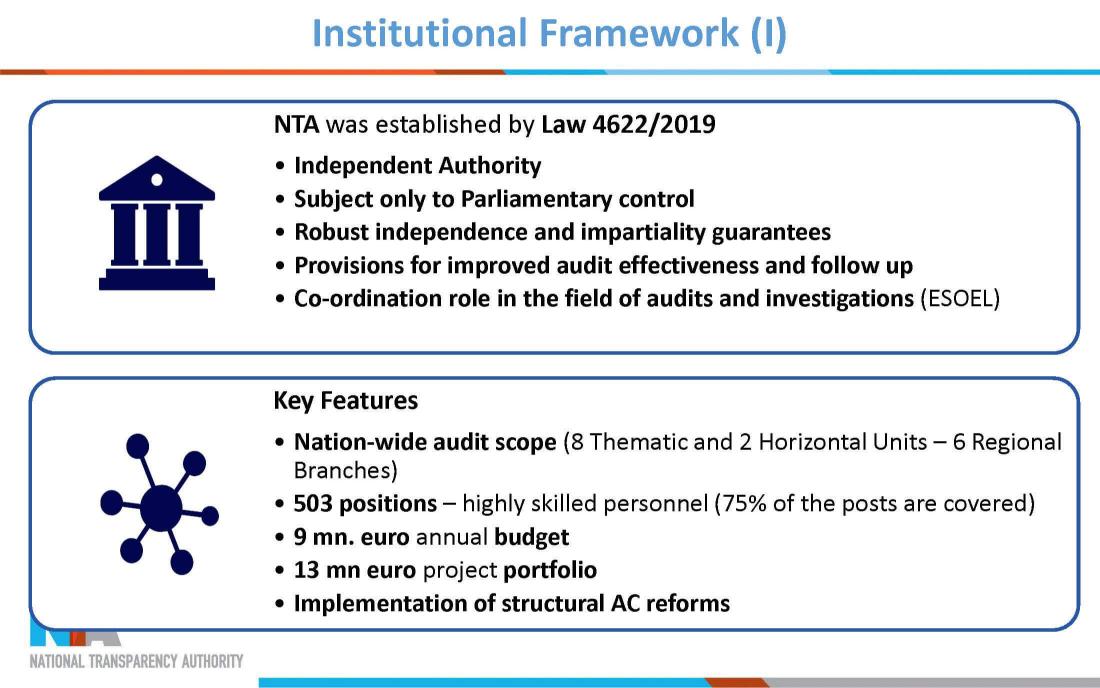

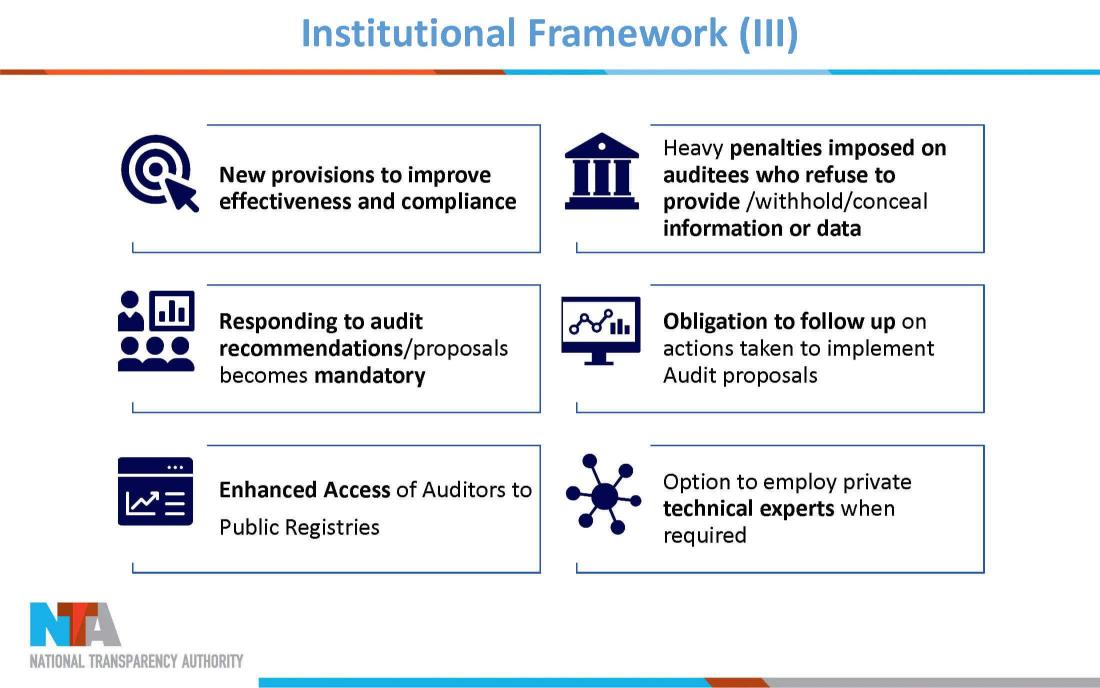

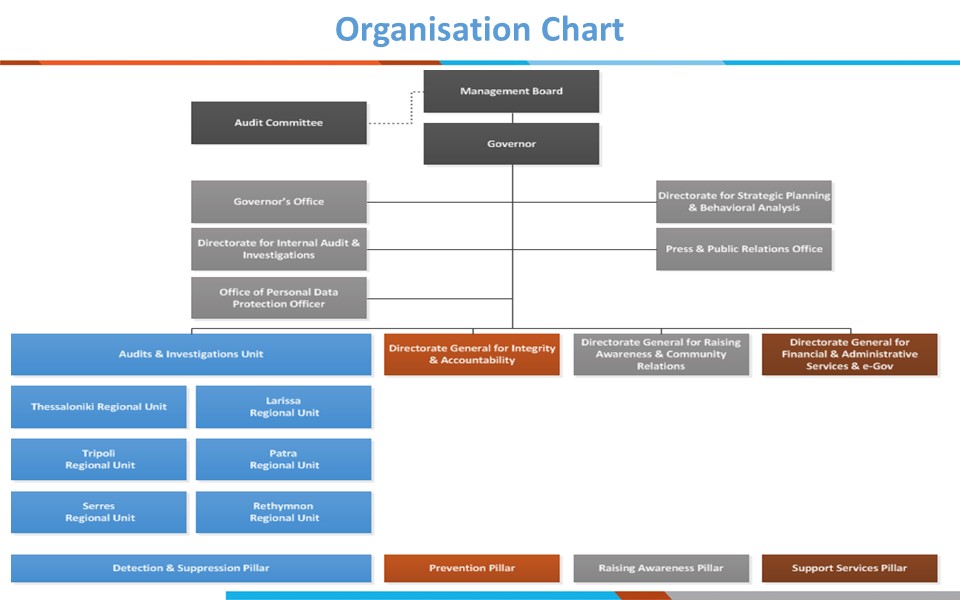


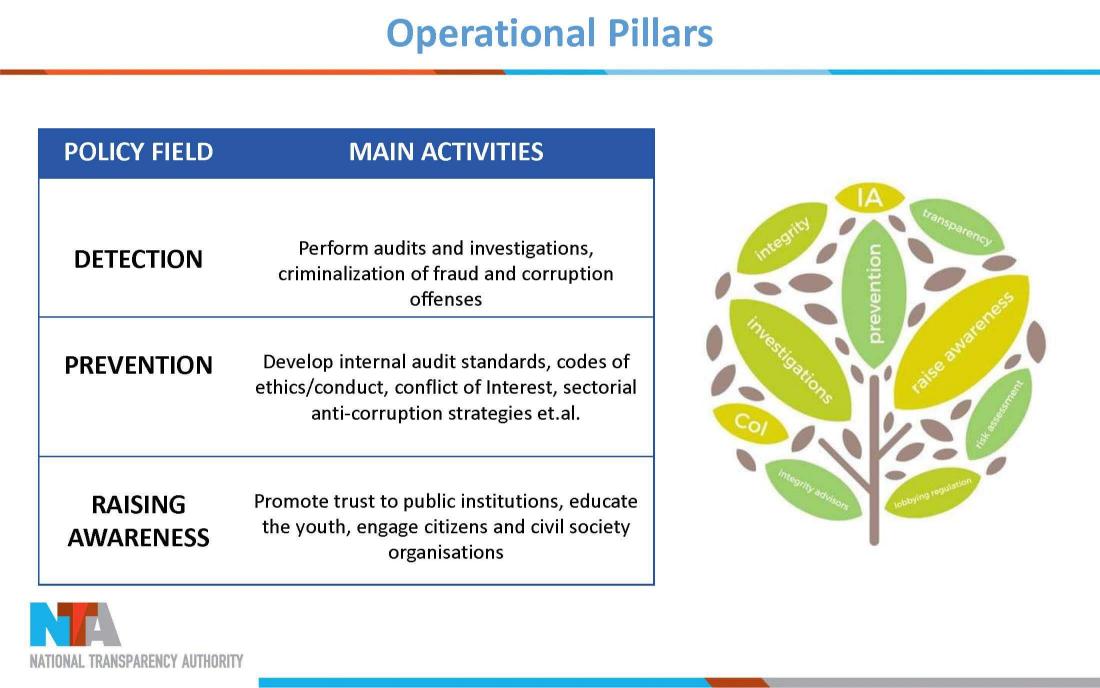
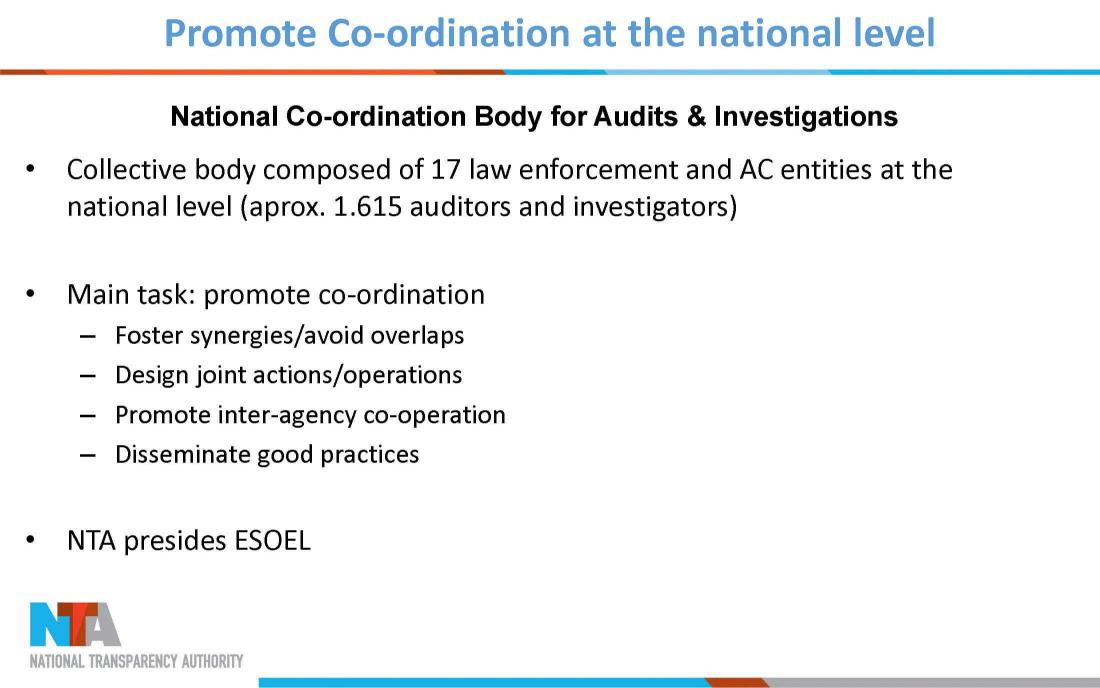
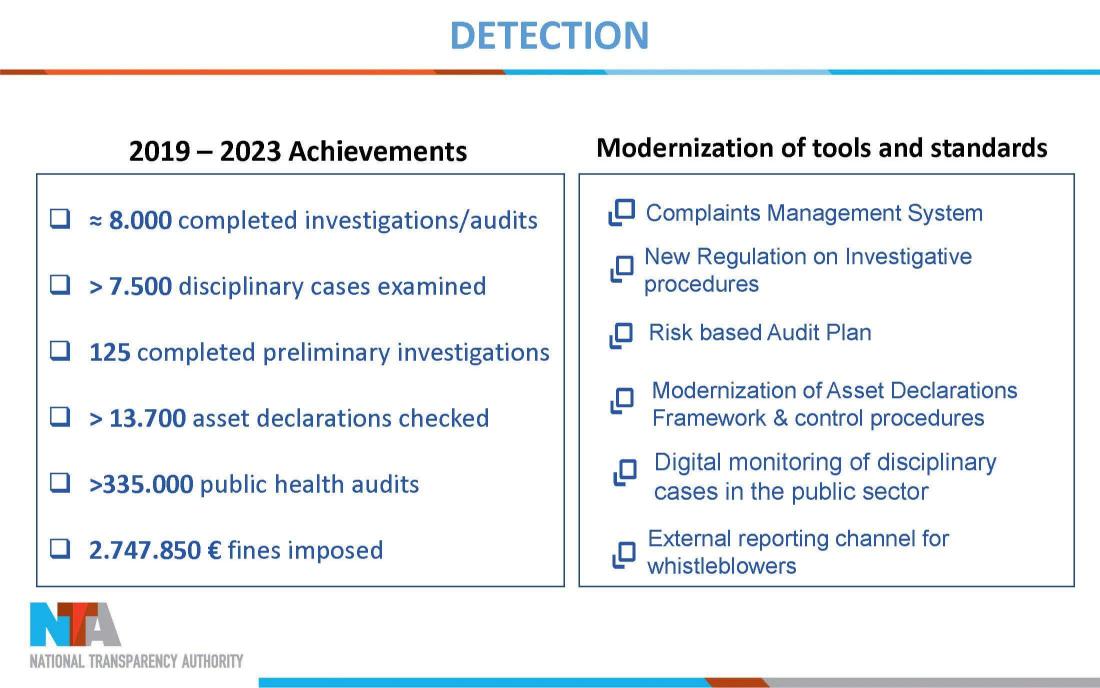
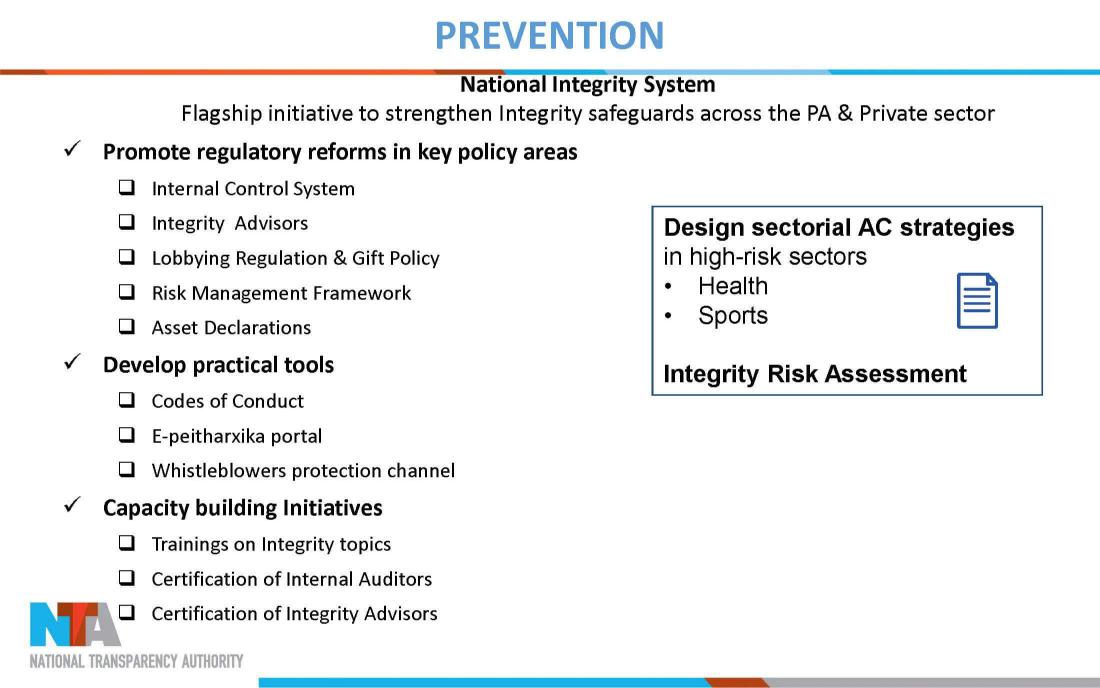
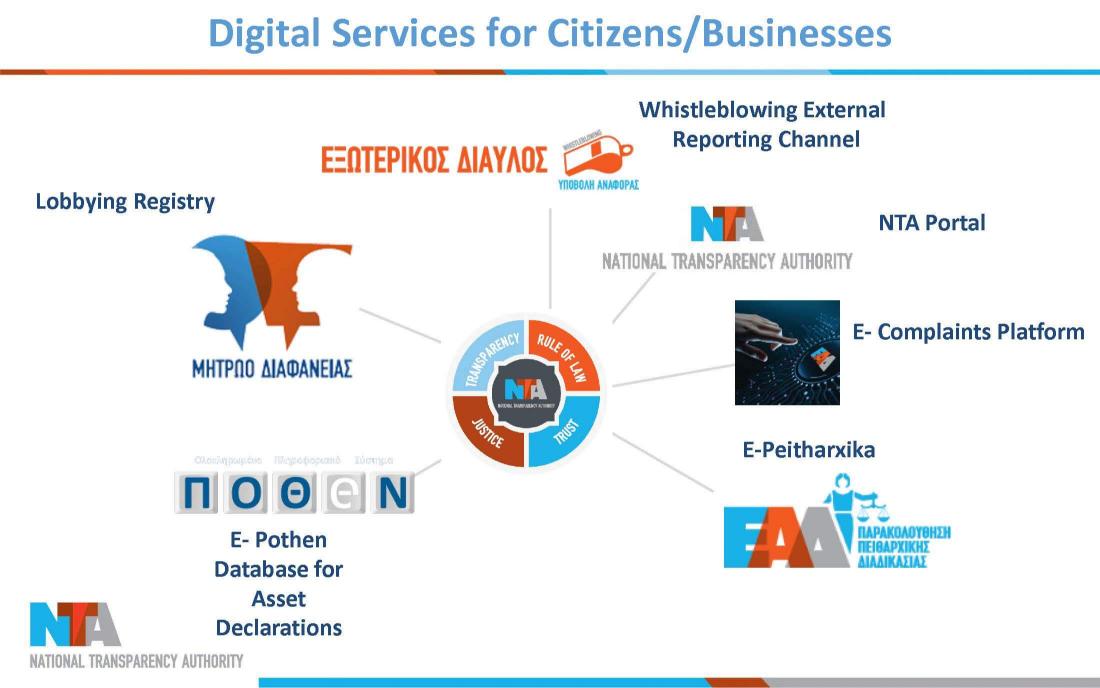
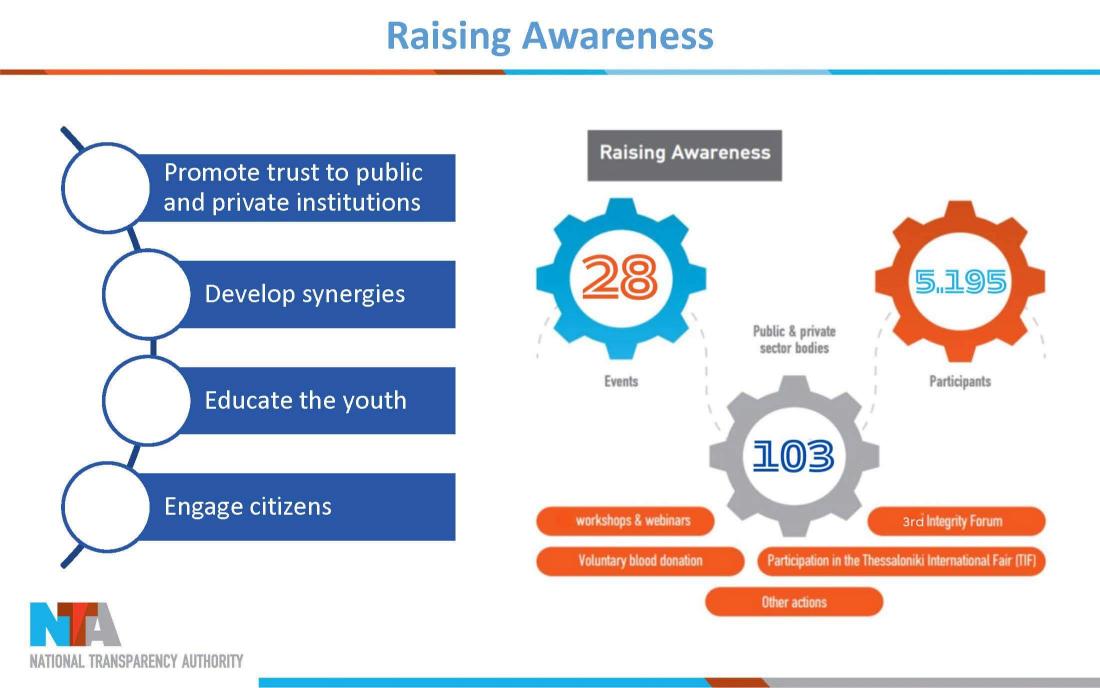

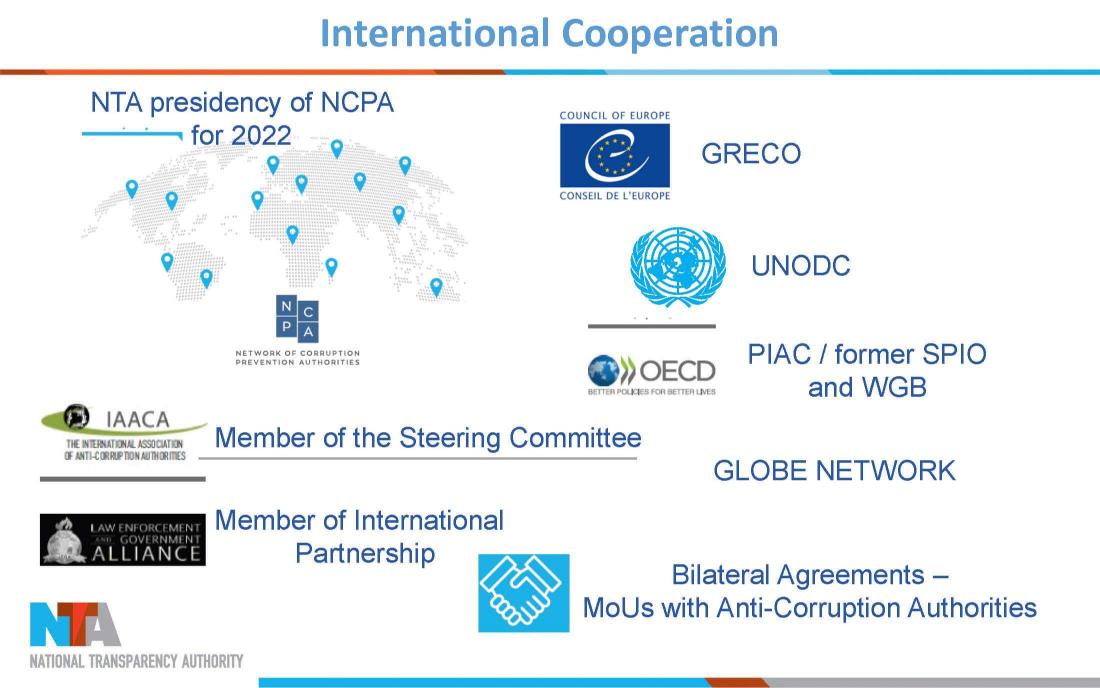
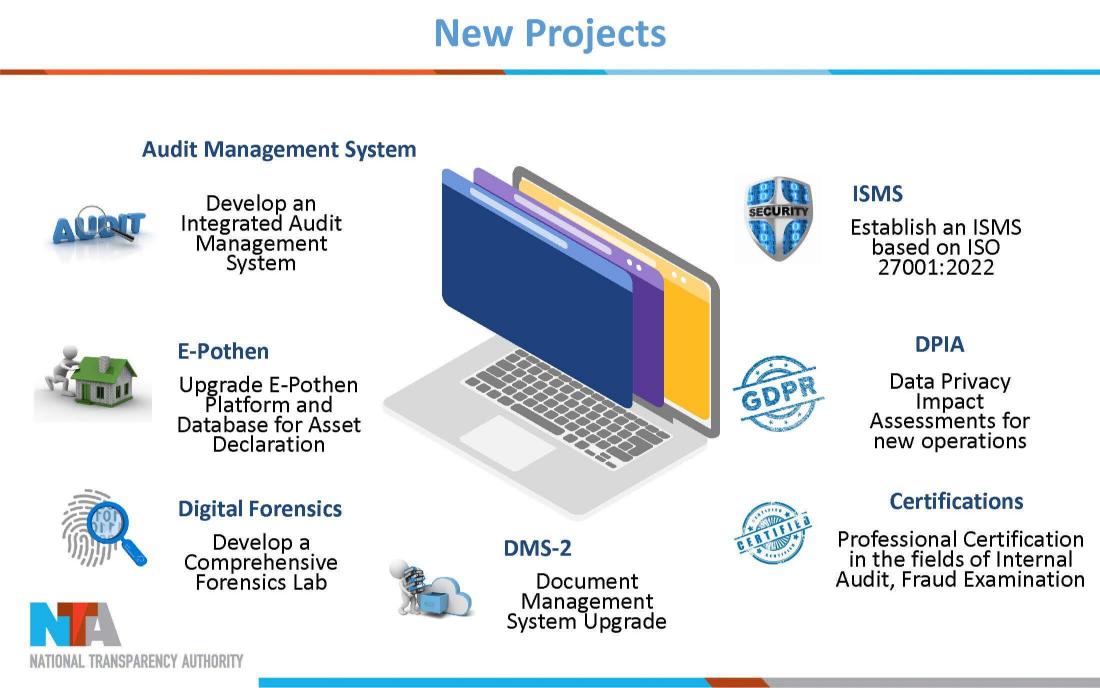
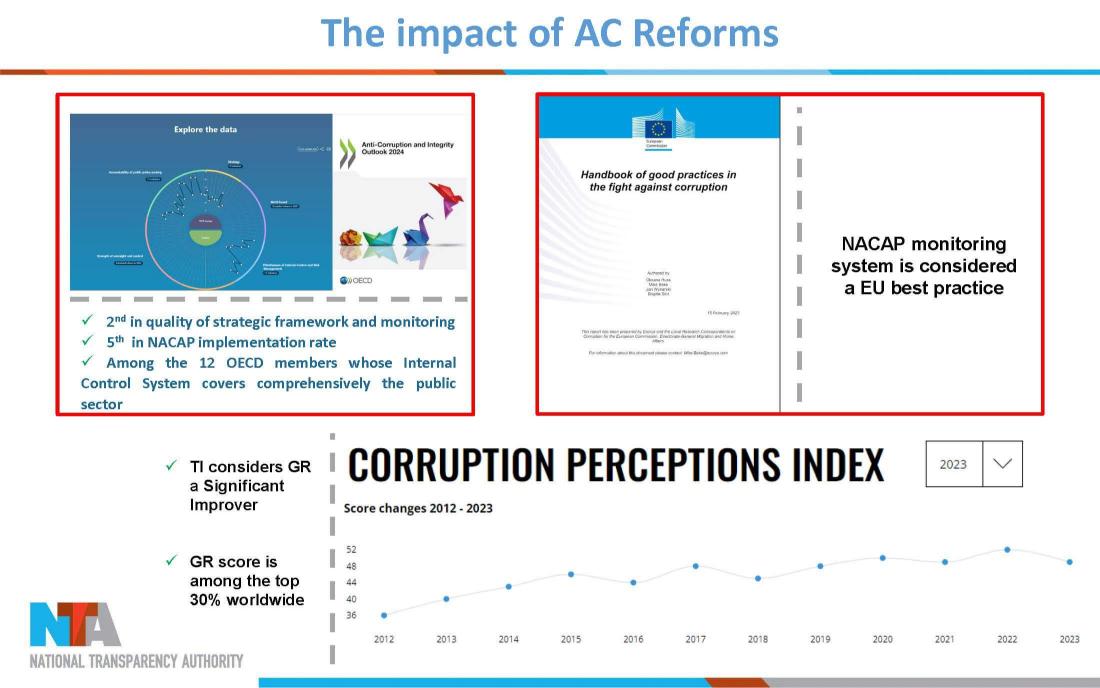
 EL
EL  EN
EN 
